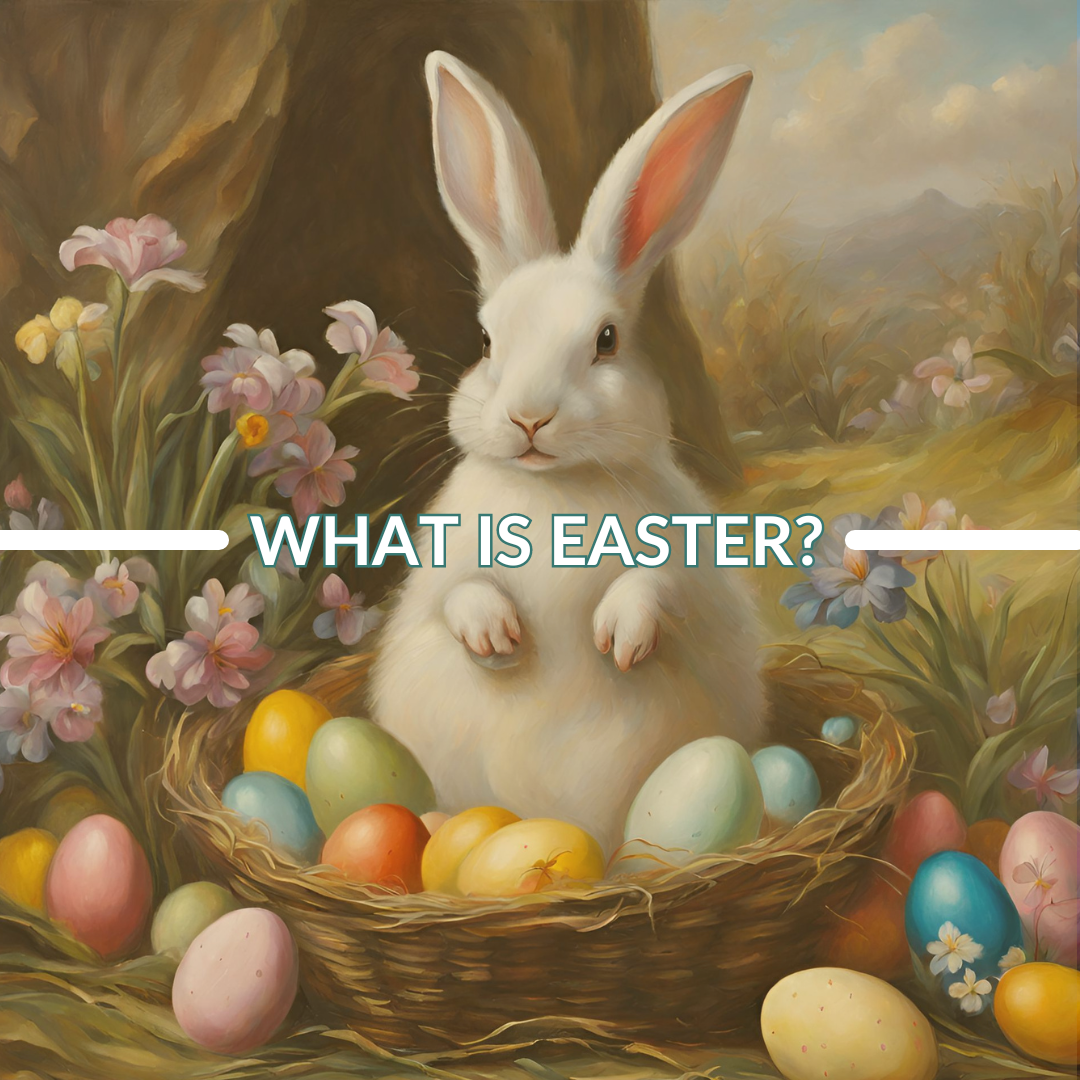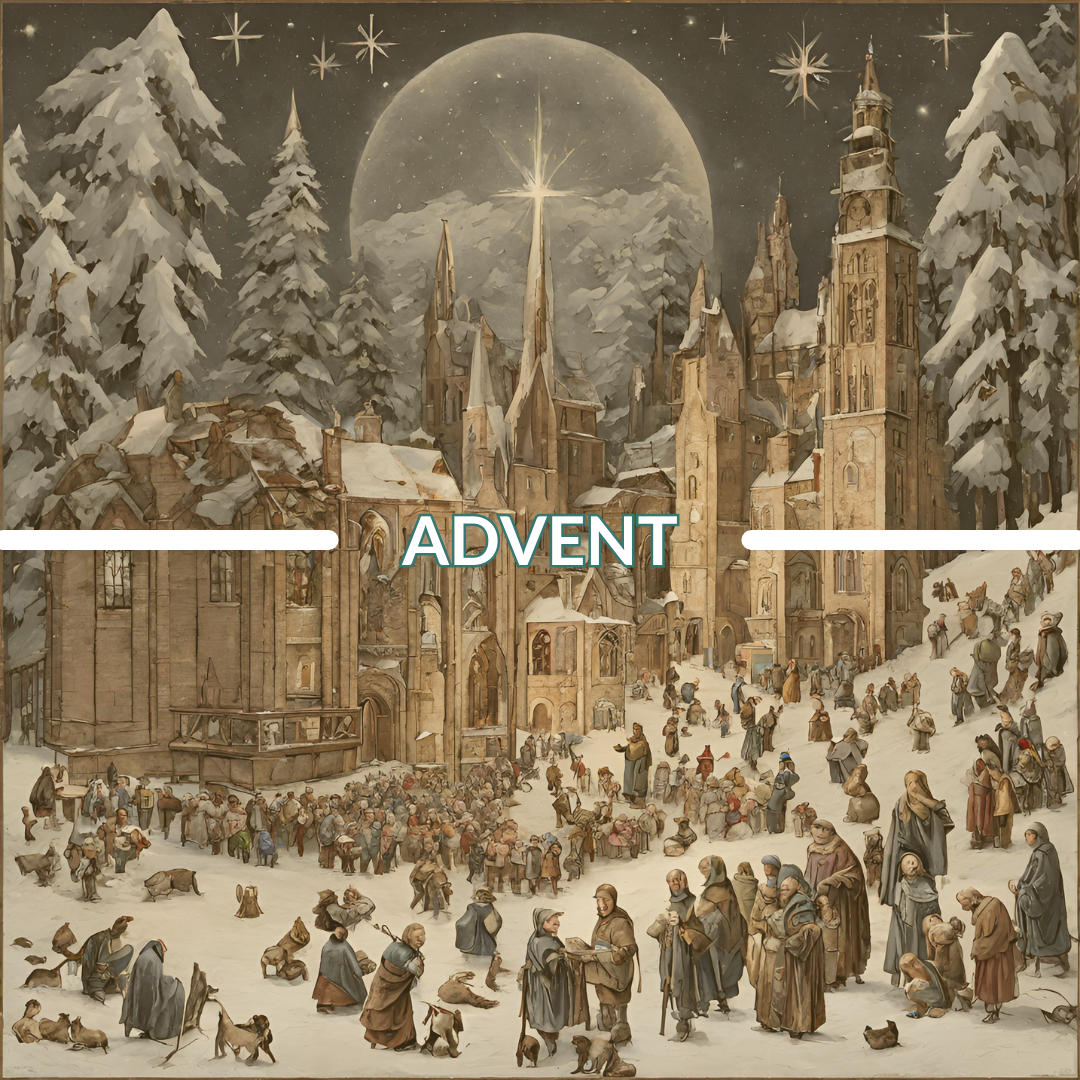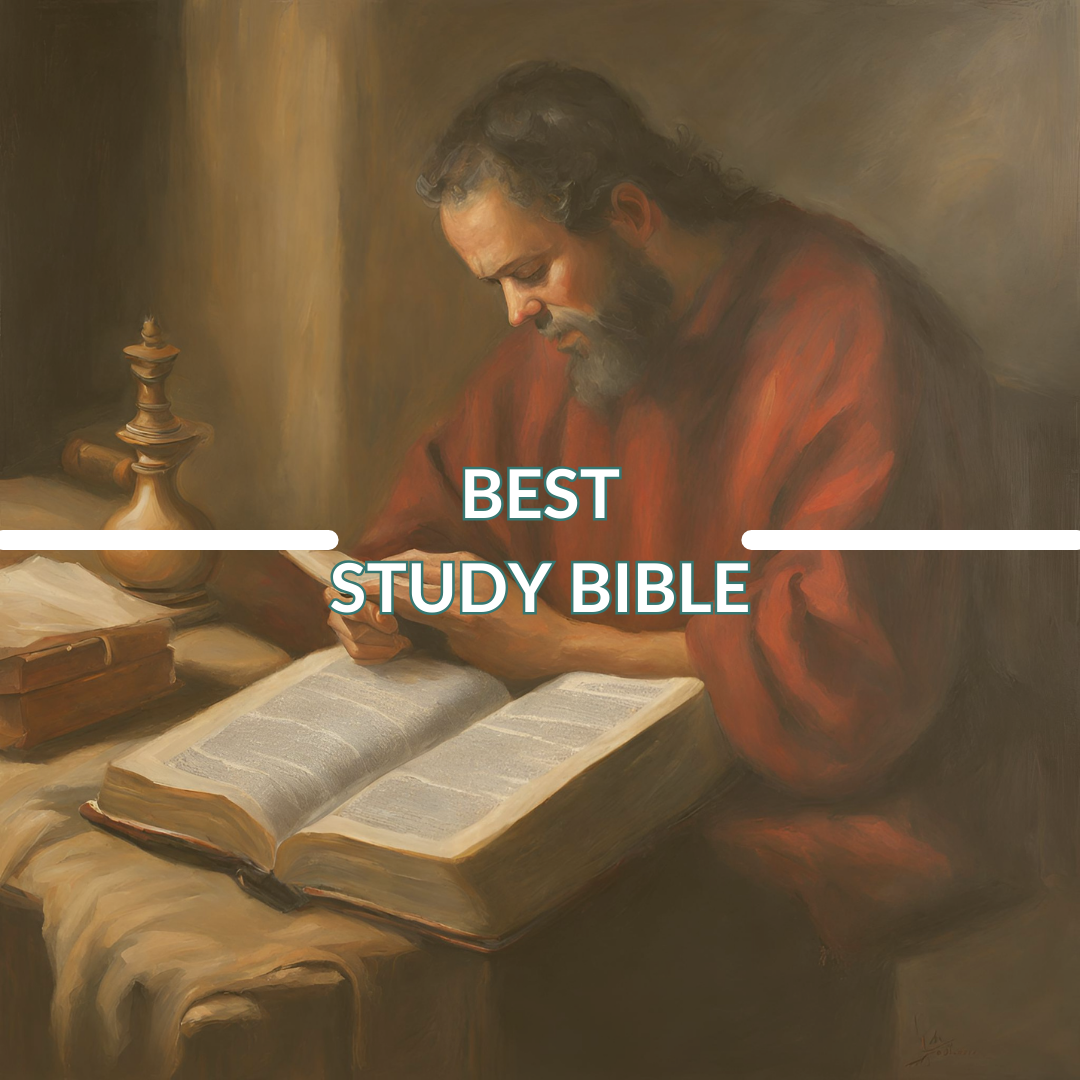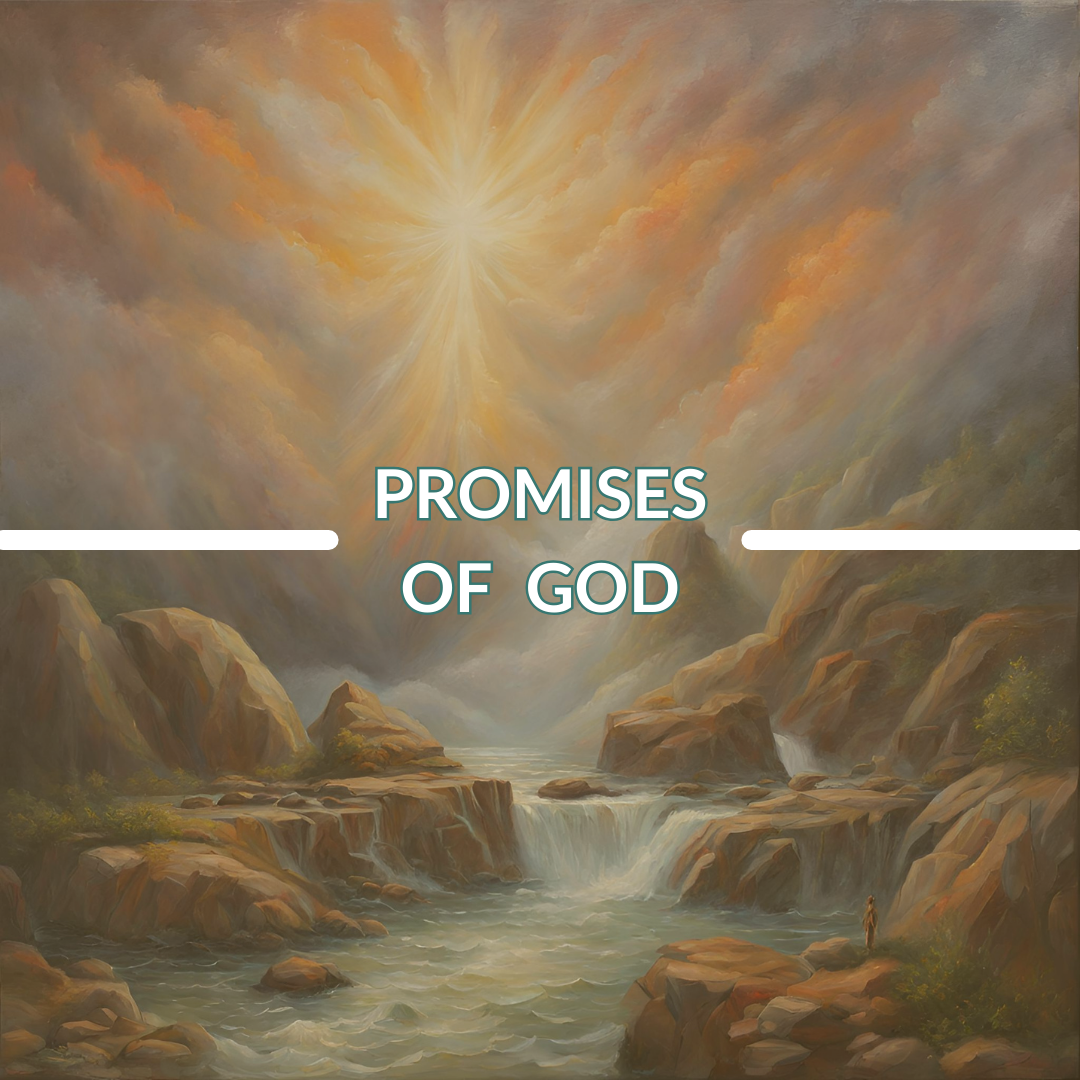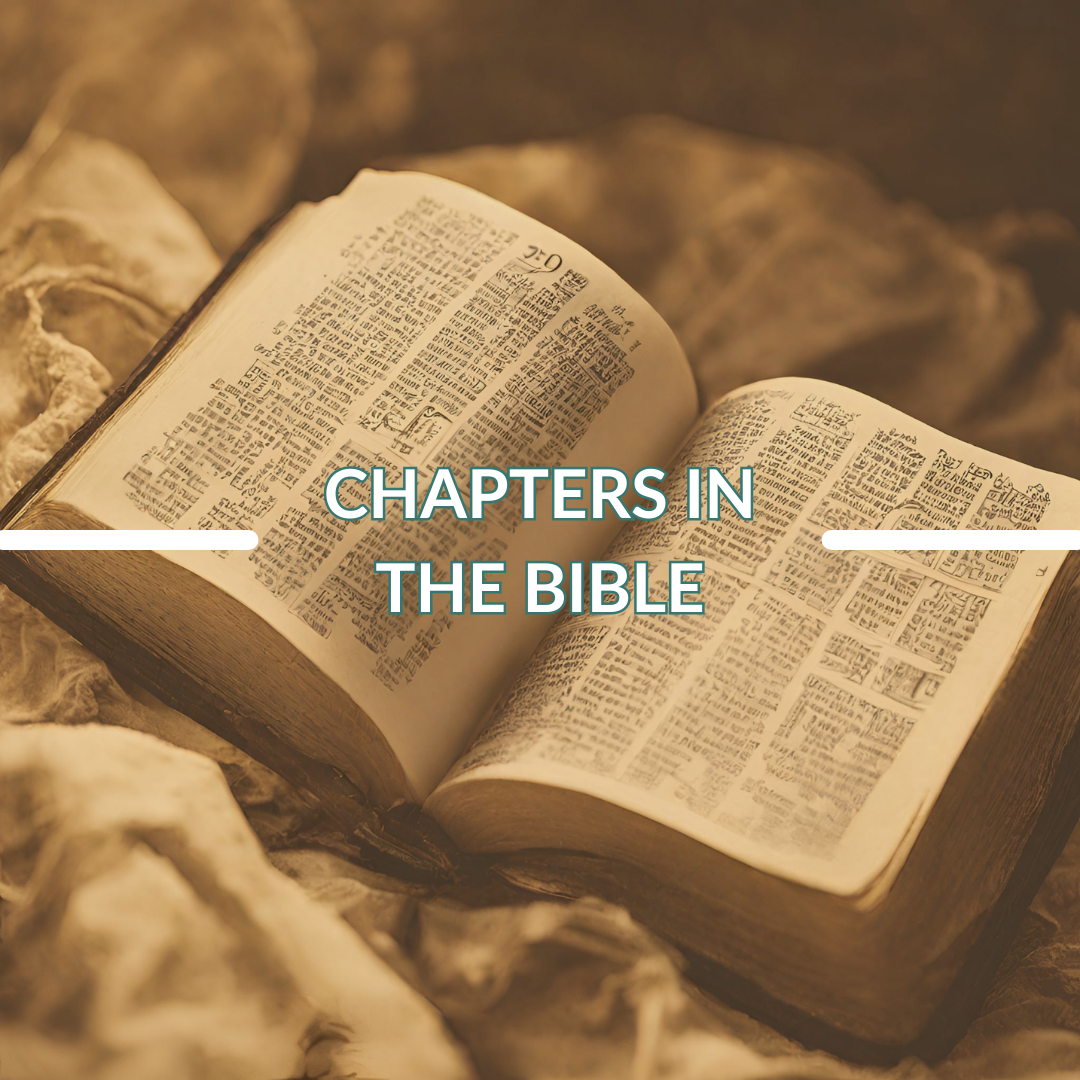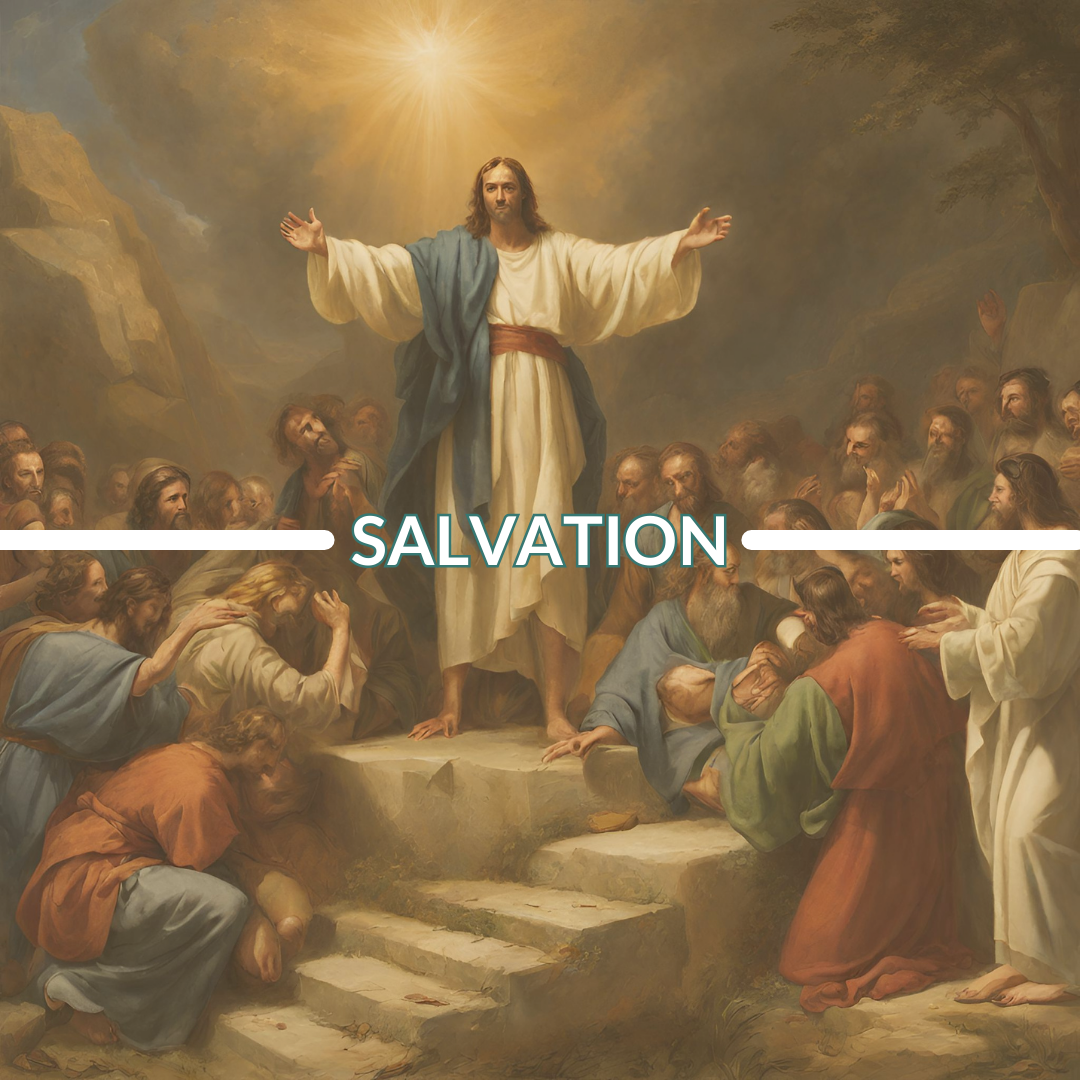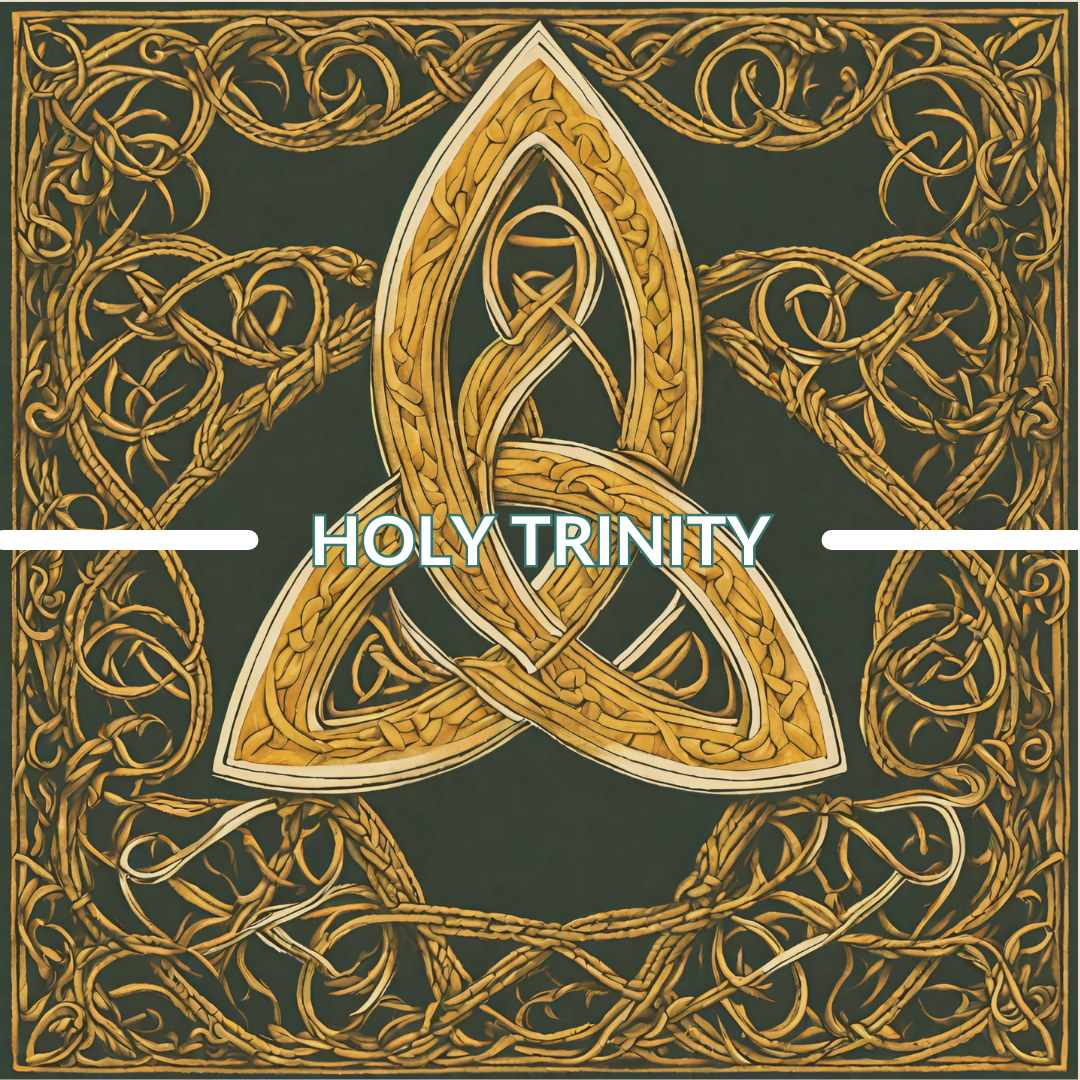Baal in the Bible and Christianity
Chris • Jan 05, 2024
Baal is a significant figure in the Bible and is important in Christianity. In ancient times, the word 'Baal' meant 'owner' or 'lord' in the languages of the Levant. The Canaanites called Baal the title of a god associated with fertility. The Israelites often came across Baal worship and sometimes worshipped Baal themselves.
Baal is seen negatively in Christianity. He is linked to idolatry, pagan practices, and opposition to the God of Israel. Studying Baal's role in the Bible helps us understand the ancient Israelites' struggles and successes in staying loyal to their God. They faced cultural and political challenges in their relationship with neighboring Canaanite tribes. To grasp Christianity's origins, it's important to comprehend the biblical context and historical background of Baal worship.
Key Takeaways
- Baal is an important deity in the Bible. He is mainly connected to the Canaanite worship of fertility. The word 'Baal' means 'owner' or 'lord.'
- In Christianity, Baal is often seen as bad because he is associated with idol worship and going against God.
- Understanding Baal in the Bible can shed light on how the ancient Israelites dealt with challenges from their neighbors while remaining faithful to their God.
Baal in Biblical Context
Hey there! Let's dive into the biblical context of Baal, an important figure in ancient Middle Eastern religions. You'll notice Baal showing up in the Old Testament, during the time of Judges and Kings.
First, let's clarify who Baal was. Baal is a group of ancient gods in the Bible. They are linked to fertility and storms. The Canaanites and Phoenicians worshipped him, viewing him as a key figure in their pantheon. Now, let's see how Baal relates to some of your favorite biblical figures and events.
The Israelites introduced Baal worship into their religious life during the time of Judges. The Israelites were easily influenced by other gods, which caused problems in their relationship with God. If you take a look at Judges 3:7, you'll see how the Israelites' worship of Baal and other gods led to their downfall.
Moving on to the time of Kings, Baal became even more prevalent. He took center stage during the reign of Ahab, as documented in 1 Kings 16:31-33. During this time, Israel faced challenges as they started worshipping foreign gods instead of their true God.
Do you remember the story of Elijah? He challenged the prophets of Baal on Mount Carmel in 1 Kings 18. The showdown between God and Baal is impressive and proves the supremacy of the God of Israel.
Now, let's rewind a bit to Deuteronomy, where Moses laid down some ground rules for the Israelites. Here, God warned them against the worship of foreign gods, like Baal, in Deuteronomy 12:29-31. If only they had listened!
Finally, let's touch upon the prophet Hosea. In the book of Hosea, the prophet frequently criticizes the Israelites' Baal worship. Using symbolism, God likens Israel to a spiritually adulterous wife who chases after other gods, such as Baal (Hosea 2:8).
There you have it—a quick but informative overview of Baal in the biblical context. Keep in mind, this person played a key role in the Israelites' religious struggles in the Old Testament. You can understand why he was often mentioned with your favorite biblical heroes and events.
Worship of Baal
Indicators of Worship
In ancient times, people often worshipped a god named Baal. He was popular among the Canaanites. Baal was considered a fertility deity and held a significant position in the Canaanite pantheon. As a vital god of fertility, he was associated with agriculture, rain, and crops.
People worshiped Baal if they had altars, idols, and priests of Baal. To make the land fertile and have abundant agriculture, they did rituals during worship. These rituals involved sacrificing humans and animals. Additionally, they were tempted by the practice of ritual prostitution, even though it was forbidden.
Consequences of Idolatry
The Bible shows that worshiping Baal is considered wrong and evil. When the Israelites worshiped Baal, they stopped following the true God and started worshiping idols. This made the Lord angry and caused serious problems. For instance, when the Israelites got involved with Baal of Peor, the Lord got very angry with them (Numbers 25:1-2). As a result, the Lord told Moses to kill the leaders of the people in front of everyone, to try to calm down His intense anger towards Israel.
Role of Fertility
Baal, the god of fertility, had a big impact on his worshippers. They thought that if they worshipped him and made sacrifices, they would get lots of rain and good land. Rain was important for growing crops and having successful farming seasons. The worshippers depended on Baal for their jobs and food.
Baal worship was important in ancient Middle Eastern communities. The Canaanites especially worshipped Baal. Baal was associated with fertility, agriculture, and rain. People would do rituals and sacrifices to worship Baal. The Bible sees Baal worship as bad. The Israelites faced bad things because they worshipped Baal.
Baal and Canaanites
Canaanite Deities
In the ancient Middle Eastern region of Canaan, which included Lebanon, Phoenicia, and Samaria, people worshipped Canaanite gods. These gods were an important part of local religious practices. The main gods were El, Asherah, and Baal. El was the supreme god, Asherah was the mother goddess, and Baal was a fertility god who brought rain and storms. There were also other gods like Anat, Bel, Dagon, and Hadad.
Baal was very important to the Canaanites. He was a fertility god who controlled the rains and the agricultural cycle. The people needed to worship and please Baal to be well. Baal was also a warrior god and a god of storms. He was connected to thunderous clouds and powerful forces of nature.
Influence of Canaanites
The Canaanite influence reached other civilizations such as the Phoenicians and the Amorites. The Phoenicians were a trading culture that spread across the Mediterranean. The Amorites were a people who spoke the Semitic language. These civilizations brought their religious beliefs and practices with them. As a result, cities like Tyre, Moab, and Jerusalem worshipped gods like Baal and other Canaanite deities.
The worship of Baal and other Canaanite gods sometimes conflicted with the beliefs of people who followed the monotheistic religion of Judaism. The ancient Israelites, for example, were often warned in the Bible against worshipping Baal and engaging in idolatrous practices. The struggle against Baal and its associated gods was a recurring theme in the Old Testament, reflecting the religious tensions between the Israelites and surrounding cultures.
Geographical Context
Baal worship was closely tied to Canaan and Ugarit. Baal was worshipped in various city-states in ancient Canaan, which includes Lebanon, Israel, and Jordan. Ugarit was a major center of trade and culture. There, Baal worship was important. Ancient texts and inscriptions found in Ugarit reveal religious practices surrounding Baal and other Canaanite gods. These discoveries show the religious landscape of the region and the role of Baal worship in ancient Canaan. In summary, Baal was an important god in ancient Middle Eastern civilizations. He was worshipped as a fertility, storm, and warrior deity. Baal had influence over the people and their environment. The worship of Baal and other Canaanite gods gives us a glimpse into the religious dynamics of the ancient world.
Enemies and Allies of Baal
As you explore the story of Baal in Christianity and the Bible, you might be intrigued to learn about the divine enemies and allies of this ancient deity. In this section, we'll discuss the celestial opponents and supporters of Baal.
Divine Enemies
Baal was a major god in Canaanite and Phoenician mythology. He had many divine enemies. One of his main rivals was Yamm, the god of the sea. According to Ugaritic texts, Baal and Yamm fought each other, and Baal won. Mot, the god of death, also played a bad guy role in Baal's story. Mot tried to defeat Baal, but Baal got help from the goddess Anat and defeated Mot. In addition, figures like Baal-Berith and Baal-Peor were seen as enemies of the Israelites. They were considered enemies because they were involved in pagan worship, which went against Yahweh, the God of Israel.
Divine Allies
Baal had a few allies among ancient Near Eastern deities. Ashtaroth, the goddess of fertility, love, and war, was one of Baal's allies. They were worshiped together in different cities. Another divine ally was a group of gods called the Baalim. They represented the different local forms of Baal. People in ancient societies often worshiped these gods alongside other gods. By studying ancient history and the Bible, you can learn more about Baal's celestial friends and enemies. This will help you understand the important role Baal played in ancient religious practices. Exploring this fascinating world of mythology and religion will give you a lot of knowledge to discover.
Baal in Christian Perspectives
Baal and Christian Demonology
You may have come across the name Baal in the Bible and wondered who or what it refers to. In Christian demonology, Baal is often associated with evil, false gods, and demons. The name "Baal" is primarily attributed to a group of ancient Semitic deities linked to fertility and storm power as we learned before. In the Canaan area, Baal was worshipped as the universal fertility god and known as the Lord of the Heavens. In Hebrew, the word "Baal" translates to "owner" and represents the word for "husband."
When it comes to Christian demonology, Baal has often been equated with the devil and his demons. For instance, the name Beelzebub, found in the New Testament, is believed to be derived from Baal. The Apostle Paul, in his letters to the Corinthians, warns against idolatry and worshipping false gods.
Biblical Lessons
The Bible has stories about Baal, a false god worshipped by the Israelites. One story is about Elijah and the priests of Baal in 1 Kings 18. They had a showdown on Carmel Mountain. Even though Elijah's offering was wet, God still burned it with fire from heaven. This shows how appealing false gods like Baal were to the Israelites and how dangerous they were. In the Bible, the Israelites often worshiped Baal instead of God. God sent prophets like Elijah to warn them about the consequences. Sometimes, the Israelites would call God "Baali" or "Boshet," but God didn't like those names (Hosea 2:16). When you read the Bible, you'll learn about the dangers of following false gods like Baal. In Corinthians and other Bible passages, the Apostle Paul talks about staying true to God and not worshiping idols. Basically, the story of Baal in the Bible teaches Christians to be faithful and devoted to the true God.
Historical Individuals Associated with Baal
Are you interested in learning about the historical figures in the Bible related to Baal? Let me give you a quick overview of some intriguing
characters like Elijah, Jezebel, Ahab, and Gideon.
Elijah and Ahab: Baal worship became popular in Israel, especially during the reign of King Ahab and his wife, Queen Jezebel. Ahab allowed the worship of Baal to thrive while Jezebel, a devoted follower of Baal, tried to kill the prophets of the Israelite God, Yahweh. Elijah, an important figure in the Bible, bravely challenged Baal worship. He confronted Baal's alleged powers on Mount Carmel and won. Elijah then ordered the execution of the 450 prophets of Baal, dealing a blow to Baal worship in Israel. Jezebel: As mentioned before, Jezebel played a major role in promoting Baal worship in Israel. She came from the Phoenician city of Tyre and married King Ahab, sharing her devotion to Baal with him. Jezebel persecuted and even killed the prophets of Yahweh, causing many of them to hide or flee. In the end, her power diminished, and she suffered a gruesome fate as prophesied by Elijah.
Gideon: He is a biblical figure linked to Baal. But wait! He fought against Baal worship. The Israelites in Gideon's time turned to worship Baal and suffered divine punishment from the Midianites. Yahweh called Gideon to save Israel. To show his loyalty to the true God, Gideon destroyed the altars dedicated to Baal. This marked the beginning of his mission to eliminate Baal worship. That's it! These interesting biblical characters had a role in challenging or promoting the worship of Baal in Israel's spiritual history. They teach us important lessons about the consequences of idolatry and staying faithful to our beliefs.
Frequently Asked Questions
-
What does the Bible say about Baal worship?
Baal worship was practiced in ancient Canaan and Phoenicia. It infiltrated Jewish religious life during the time of the Judges (Judges 3:7). The Bible shows that God was deeply troubled by Baal worship. It caused conflict between the Israelites and the Canaanites. In 1 Kings 18, you can read about the dramatic showdown between the prophet Elijah and the prophets of Baal. This showdown demonstrated God's power over Baal.
-
How did the Israelites adopt Baal worship practices?
The Israelites started worshiping Baal when they interacted with the Canaanite and Phoenician cultures. When the Israelites arrived in the Promised Land, they learned about the local customs and religions, which included worshiping Baal and other gods. Baal worship became popular in Israel during Ahab's reign (1 Kings 16:31-33). Ahab married Jezebel, a Phoenician princess who encouraged and sponsored Baal worship.
-
Why did Baal worship involve child sacrifices?
The Canaanites sacrificed their children to worship Baal. They believed it would bring blessings, fertility, and protection. But God explicitly forbids this practice in the Bible (Leviticus 18:21; Deuteronomy 18:10). The Israelites who took part in child sacrifice angered the Lord.
-
Who were Asherah and Baal in the biblical context?
In the Bible, Baal and Asherah were the main gods of the Canaanite and Phoenician religions. Baal represented fertility, storms, and agriculture. Asherah was considered Baal's partner or mother and symbolized fertility and motherhood. The Israelites worshiped these gods, which angered God because he wanted them to worship only him and be loyal to him.
-
What is the significance of the altar of Baal?
The altar of Baal was a place where people worshipped and made sacrifices to Baal. It was usually built on high places, where people believed Baal showed his power. The Bible mentions many altars of Baal that were built and later destroyed by righteous Israelite kings, like Jehu (2 Kings 10:26-28) and Josiah (2 Kings 23:4-5). They wanted to get rid of pagan worship and bring back the worship of the true God.
-
Were there multiple Baals mentioned in the Bible?
Yes, the Bible mentions multiple Baals. The term "Baal" means "lord" and it was used to refer to different gods in different areas. Some idols were even named after the places they were worshiped. Because of this, the Old Testament mentions several Baals, like Baal-Peor (Numbers 25:3), Baal-Zebub (2 Kings 1:2), and Baal-berith (Judges 8:33). However, all of them were connected to worshiping false gods, which goes against the commandments of the Lord.

CHRIS
I believe that the Bible has the power to transform lives, and I am passionate about sharing my insights and experiences with others. I want to help people connect with God's love and find the strength they need to face whatever life throws their way.New Paragraph

CHRIS
I believe that the Bible has the power to transform lives, and I am passionate about sharing my insights and experiences with others. I want to help people connect with God's love and find the strength they need to face whatever life throws their way.

